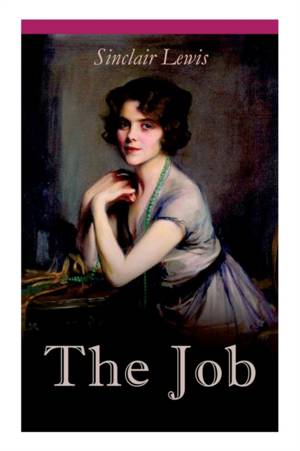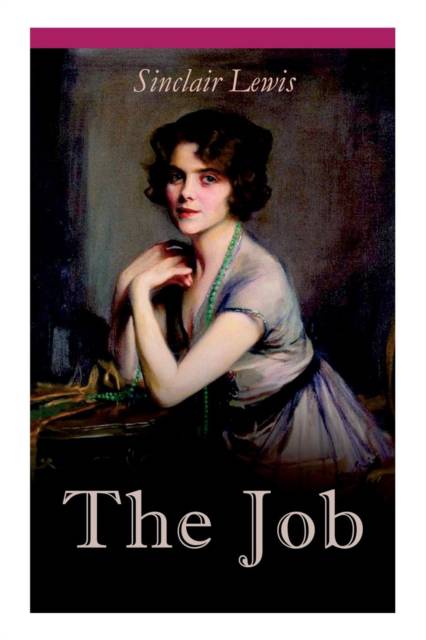
Bedankt voor het vertrouwen het afgelopen jaar! Om jou te bedanken bieden we GRATIS verzending (in België) aan op alles gedurende de hele maand januari.
- Afhalen na 1 uur in een winkel met voorraad
- In januari gratis thuislevering in België
- Ruim aanbod met 7 miljoen producten
Bedankt voor het vertrouwen het afgelopen jaar! Om jou te bedanken bieden we GRATIS verzending (in België) aan op alles gedurende de hele maand januari.
- Afhalen na 1 uur in een winkel met voorraad
- In januari gratis thuislevering in België
- Ruim aanbod met 7 miljoen producten
Zoeken
€ 11,45
+ 22 punten
Uitvoering
Omschrijving
In "The Job," Sinclair Lewis presents a poignant exploration of the struggles faced by women in the workforce during the early 20th century. Through the character of Grace Wickham, a determined and ambitious social worker, Lewis delves into the tensions between personal ambition and societal expectations. His prose is characterized by its incisive wit and keen social commentary, exposing the underlying currents of class, gender, and economic challenges within a rapidly changing American society. The novel serves as both a critique of the corporate structures and an intimate portrayal of the protagonist's internal struggles, which are reflective of the broader feminist movement emerging at the time. Sinclair Lewis, known for his critical portrayal of American capitalism and culture, was deeply influenced by his experiences and observations as a writer in a patriarchal society. His own interactions with women and his commitment to social issues likely inspired the creation of this powerful narrative. As the first American to win the Nobel Prize in Literature, Lewis's works resonate with a sense of urgency and relevance, shedding light on the complexity of individual aspirations within restrictive frameworks. "The Job" is highly recommended for readers interested in early feminist literature and the socio-economic dynamics of the 1920s. Lewis's masterful narrative, filled with humor and insight, serves not only to entertain but to provoke critical thought about the roles women play in professional environments. This novel continues to speak to contemporary readers, making it a significant addition to the canon of American literature.
Specificaties
Betrokkenen
- Auteur(s):
- Uitgeverij:
Inhoud
- Aantal bladzijden:
- 156
- Taal:
- Engels
Eigenschappen
- Productcode (EAN):
- 9788026892427
- Verschijningsdatum:
- 15/04/2019
- Uitvoering:
- Paperback
- Formaat:
- Trade paperback (VS)
- Afmetingen:
- 152 mm x 229 mm
- Gewicht:
- 217 g

Alleen bij Standaard Boekhandel
+ 22 punten op je klantenkaart van Standaard Boekhandel
Beoordelingen
We publiceren alleen reviews die voldoen aan de voorwaarden voor reviews. Bekijk onze voorwaarden voor reviews.









